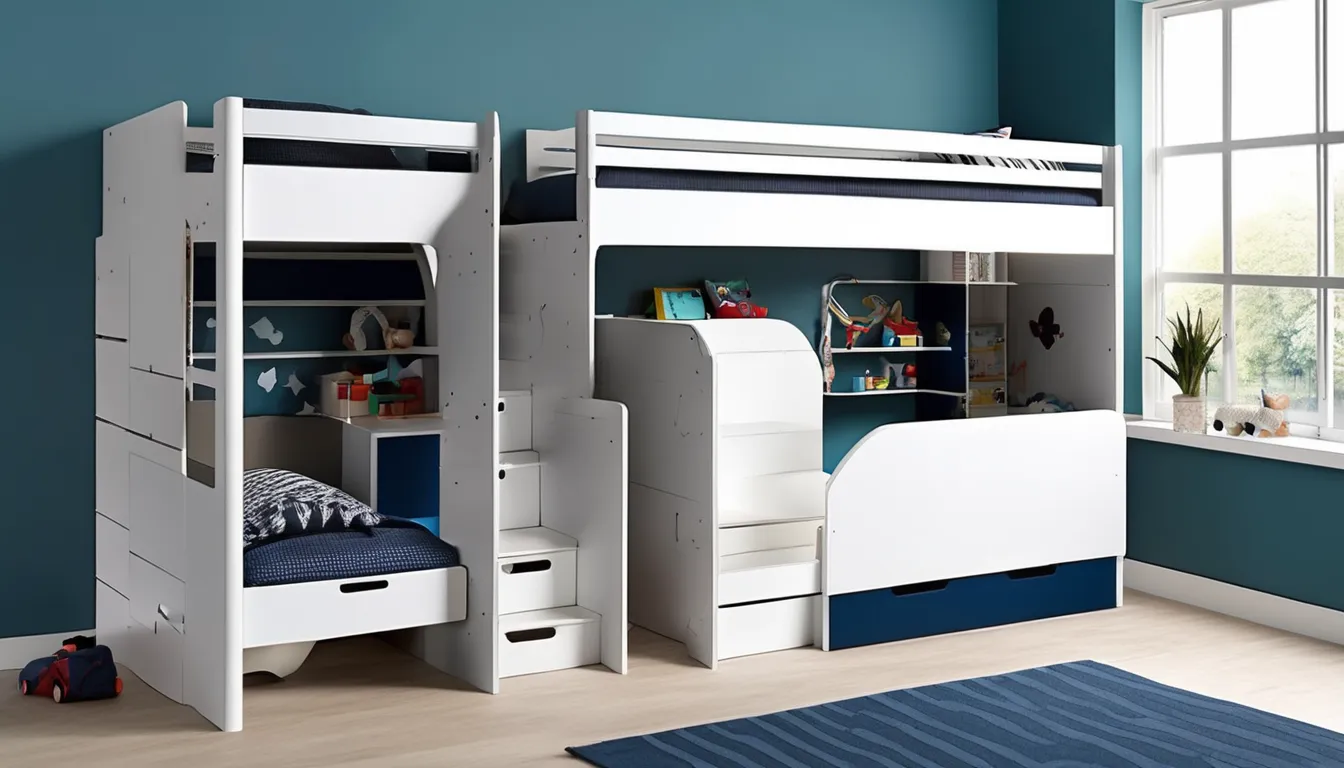
If you’re one of the millions living with a chronic condition, you’re likely no stranger to medical equipment. Devices like blood glucose meters and blood pressure monitors have become essential tools in managing your health. But how effective are they, really? Can they help you achieve better control over your symptoms and improve your overall well-being? The right medical equipment can make all the difference, but what are the key factors to consider when choosing the best devices for your needs? As you explore the world of chronic disease management, it’s essential to understand the equipment that’s available to you.
Types of بهترین ویلچر
When managing chronic diseases, you’ll likely encounter a variety of medical equipment designed to monitor, treat, or alleviate symptoms.
These devices can significantly impact your quality of life, and understanding their functions is crucial for effective disease management.
You may use respiratory equipment like oxygen concentrators, nebulizers, or inhalers to manage conditions such as chronic obstructive pulmonary disease (COPD) or asthma.
Portable devices like insulin pumps can help you manage diabetes by regulating your blood glucose levels.
Mobility aids like wheelchairs, walkers, or canes can improve your independence and reduce the risk of falls.
Other types of medical equipment include wound care devices, orthotics, and prosthetics.
You may use a continuous positive airway pressure (CPAP) machine to alleviate sleep apnea symptoms.
Some devices, such as infusion pumps, can administer medications or nutrients directly into your body.
It’s essential to follow your healthcare provider’s instructions for using these devices to ensure safe and effective treatment.
Familiarizing yourself with the different types of medical equipment can help you navigate the complexities of chronic disease management.
Monitoring Chronic Conditions
Effective management of chronic conditions often involves close monitoring to track your progress, identify complications early, and adjust treatment plans accordingly.
You can use various medical equipment to monitor your chronic conditions, such as blood glucose meters, blood pressure monitors, and pulse oximeters.
These devices enable you to track your vital signs and detect any changes that may indicate a complication.
Regular monitoring also allows you to stay on top of your treatment plan and make adjustments as needed.
For example, if you have diabetes, you can use a blood glucose meter to track your blood sugar levels and adjust your medication or diet accordingly.
Similarly, if you have hypertension, you can use a blood pressure monitor to track your blood pressure and adjust your treatment plan to keep it under control.
Managing Symptoms Effectively
Managing Symptoms Effectively
Symptom management is a crucial aspect of chronic disease management, as unmanaged symptoms can significantly impact your quality of life. Effective symptom management requires a combination of medical equipment, medication, and lifestyle changes.
You can use medical equipment such as oxygen concentrators, nebulizers, and infusion pumps to manage symptoms like shortness of breath, wheezing, and pain. These devices help alleviate symptoms, enabling you to perform daily activities and maintain your independence.
Additionally, wearable devices like pulse oximeters and blood pressure monitors allow you to track your vital signs and adjust your treatment plan accordingly. By using these devices, you can identify patterns and changes in your symptoms, which can inform your treatment decisions.
When combined with medication and lifestyle changes, medical equipment can help you manage symptoms effectively.
It’s essential to work with your healthcare provider to develop a comprehensive treatment plan that incorporates medical equipment, medication, and lifestyle modifications.
This approach will help you minimize the impact of chronic disease symptoms on your daily life and improve your overall well-being.
Improving Patient Outcomes
By incorporating medical equipment into your treatment plan, you’re not only alleviating symptoms but also taking a significant step towards improving your overall health outcomes. This proactive approach empowers you to take control of your condition and helps you achieve better quality of life.
With the right equipment, you can closely monitor your vital signs, track your progress, and make informed decisions about your care.
Regular monitoring helps you identify potential complications early, allowing for timely interventions that prevent hospitalizations and reduce the risk of long-term damage.
Moreover, medical equipment facilitates communication with your healthcare team, ensuring they’re always up-to-date on your condition. This collaborative approach enables them to make data-driven decisions, adjust your treatment plan as needed, and provide more effective care.
As a result, you’re more likely to experience improved health outcomes, increased independence, and enhanced overall well-being. By leveraging medical equipment in your chronic disease management, you’re investing in a healthier, more empowered you.
Emerging Medical Technologies
Your chronic disease management just got a significant boost with the advent of emerging medical technologies. These innovations are transforming the way you manage your condition, making it easier to monitor your health and stay on track with your treatment plan.
One of the most exciting developments is the rise of wearable devices, such as smartwatches and fitness trackers, that can track your vital signs and activity levels in real-time.
Telemedicine is another emerging technology that’s changing the game for chronic disease management. With the ability to consult with your doctor remotely, you can get the care you need from the comfort of your own home.
This is especially beneficial for those with mobility issues or living in rural areas with limited access to healthcare services.
Additionally, artificial intelligence (AI) and machine learning (ML) algorithms are being integrated into medical devices to analyze data and provide personalized insights, helping you make more informed decisions about your care.
Conclusion
By leveraging medical equipment, you can take control of your chronic condition management. Effective use of devices like blood glucose meters and oxygen concentrators enables you to track your progress, alleviate symptoms, and make informed decisions about your care. As medical technology continues to evolve, you can expect even more innovative solutions to emerge. By staying informed and engaged, you can optimize your use of medical equipment and improve your overall health outcomes.



